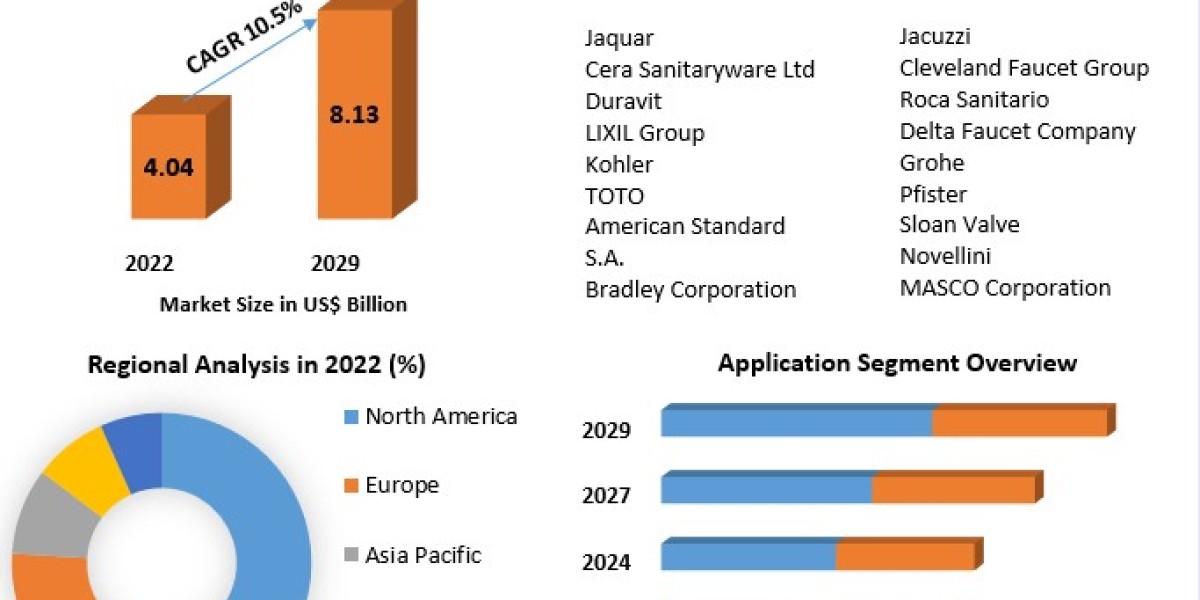The insurance industry has seen significant transformations over the years, with Takaful insurance emerging as a unique and increasingly popular alternative, particularly in Muslim-majority regions. Takaful, a form of Islamic insurance, operates based on the principles of mutual cooperation, shared responsibility, and the Islamic law of Sharia. As more people seek ethical, Sharia-compliant financial solutions, the Takaful insurance market is gaining momentum globally. This blog explores the growth of the Takaful insurance market, its key features, benefits, and challenges.
What is Takaful Insurance?
Takaful insurance is a cooperative insurance model that follows the principles of Islamic law (Sharia). Unlike conventional insurance, which involves profit-driven practices and interest-based transactions, Takaful is based on mutual assistance and shared risk. In Takaful, policyholders contribute to a pool of funds that are used to cover the losses of participants. The risk is collectively shared, and any surplus in the fund is distributed back to the members or used for charitable purposes, in line with Islamic principles.
The Takaful model is rooted in the concept of Tabarru (donation), where participants contribute money into a common fund that will be used to compensate the members in case of a covered loss. This system promotes fairness and transparency, ensuring that all parties involved share the risks and rewards.
Growth of the Takaful Insurance Market
The global Takaful insurance market has witnessed impressive growth in recent years. Factors driving this expansion include:
Rising Demand for Sharia-Compliant Financial Products
As the global Muslim population continues to grow, there is an increasing demand for financial products that adhere to Sharia principles. Takaful insurance is seen as a reliable alternative to conventional insurance, providing ethical solutions that align with Islamic values.Economic Development in Muslim-majority Regions
The expansion of the middle class in many Muslim-majority countries, particularly in the Gulf Cooperation Council (GCC) nations and Southeast Asia, has contributed to the growth of the Takaful market. As more people gain access to financial services, the demand for insurance products like Takaful has risen.Increased Awareness and Education
The increasing awareness of Islamic finance and the ethical benefits of Takaful insurance has led to a wider acceptance of this model. Educational initiatives, government support, and awareness campaigns have all contributed to the growth of the market.Regulatory Support and Government Initiatives
Governments in many countries have introduced regulations to promote Takaful insurance, recognizing its importance in fostering financial inclusion and ethical financial practices. These regulatory frameworks create a conducive environment for the expansion of the Takaful industry.Islamic Financial Market Expansion
The broader growth of the Islamic financial market has played a role in Takaful’s development. As Islamic finance becomes more integrated into global financial markets, Takaful insurance is benefiting from the increasing availability of investment capital and opportunities.
Key Drivers of the Takaful Insurance Market
Several factors are contributing to the growth and success of the Takaful insurance market:
Ethical and Transparent Insurance Model
Takaful’s emphasis on cooperation, fairness, and shared responsibility appeals to consumers who seek ethical, transparent financial products. The avoidance of interest (Riba) and gambling (Maysir) in Takaful aligns with the values of those who wish to invest in Sharia-compliant solutions.Rising Islamic Wealth and Population
The growing Muslim population, especially in emerging markets, is a significant driver of the Takaful insurance market. As the middle class expands and disposable incomes rise, more individuals are looking for insurance products that align with their religious beliefs and values.Diverse Product Offerings
The Takaful insurance market offers a wide range of products, including life insurance, health insurance, family protection, and motor insurance. This diversity makes Takaful a viable option for different consumer needs, increasing its appeal to a broader audience.Innovative Technological Advancements
Technological innovations, such as digital platforms and mobile apps, are helping to expand access to Takaful insurance. Insurtech companies are bringing new, convenient ways for customers to purchase, manage, and claim insurance, making Takaful more accessible and user-friendly.Financial Inclusion and Risk Management
Takaful provides financial protection to those who may otherwise be excluded from conventional insurance systems. By offering risk-sharing solutions, Takaful helps to create a more inclusive financial ecosystem, particularly in developing countries.
Challenges in the Takaful Insurance Market
Despite its rapid growth, the Takaful insurance market faces several challenges:
Lack of Awareness and Understanding
In some regions, Takaful insurance is still relatively unknown or misunderstood. Misconceptions about the model and its benefits can hinder market penetration, especially in non-Muslim-majority countries. Increasing awareness through education and marketing is essential for overcoming these barriers.Regulatory and Legal Challenges
While many countries have introduced supportive regulations, some regions still face challenges in creating consistent regulatory frameworks for Takaful insurance. Inconsistent standards and legal hurdles can create uncertainty for businesses and consumers alike.Competition from Conventional Insurance
Conventional insurance companies are strong competitors in the market, offering similar products without the ethical restrictions of Sharia law. Takaful insurers must differentiate themselves by highlighting the ethical and communal benefits of their products to attract consumers.Lack of Standardization
The Takaful insurance market lacks a standardized approach to underwriting, pricing, and claims processing. This lack of uniformity can create confusion and inefficiencies, making it harder for consumers to navigate the market.Investment Constraints
Takaful insurance funds are typically restricted to Sharia-compliant investments, which limits the types of financial instruments that can be used for growth. This constraint can sometimes affect the profitability of Takaful products, although it also aligns with ethical investment principles.
The Future of the Takaful Insurance Market
The future of the Takaful insurance market looks promising, with several trends expected to shape its growth:
Technological Integration and Digital Transformation
The adoption of insurtech and digital tools will enhance the efficiency and accessibility of Takaful insurance. As more people turn to digital channels for their insurance needs, Takaful providers will need to innovate and offer tech-driven solutions.Sustainability and Ethical Investments
As demand for socially responsible and sustainable investment options grows, Takaful providers are likely to increase their focus on ethical and green investments. This trend will align with broader global movements toward sustainability.Global Expansion
While Takaful is most prominent in the Middle East, Southeast Asia, and North Africa, its reach is expanding globally. Takaful insurers are increasingly targeting non-Muslim-majority regions where there is growing interest in ethical financial solutions.Customization of Products
To cater to diverse customer needs, Takaful insurers will continue to innovate and offer customized products that meet the specific preferences of individuals, families, and businesses.
Get FREE sample @https://www.marketresearchfuture.com/sample_request/22709
Conclusion
The Takaful insurance market is experiencing significant growth as more individuals and businesses seek ethical, Sharia-compliant financial solutions. With increasing demand, technological advancements, and regulatory support, Takaful has the potential to expand well beyond its traditional markets. As the industry continues to evolve, it will play an important role in promoting financial inclusion and creating a more ethical and transparent insurance model.


